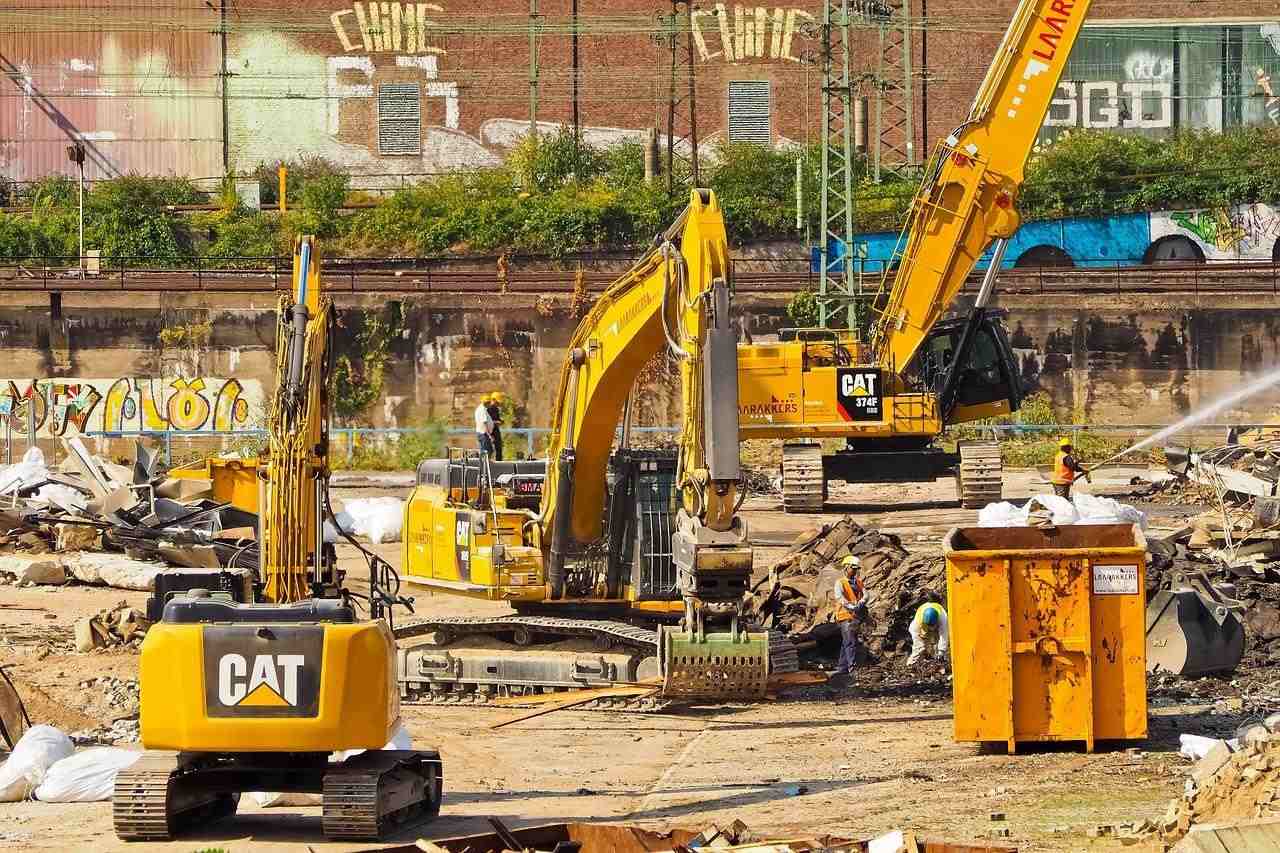Categories
- Afghanistan Built Environment (4)
- Albania Built Environment (5)
- Alexandra Steed (5)
- Algeria Built Environment (4)
- Andorra Built Environment (4)
- Angola Built Environment (4)
- Animals (1)
- Antigua and Barbuda Built Environment (4)
- Apprenticeships (8)
- Architecture (143)
- Argentina Built Environment (5)
- Armenia Built Environment (3)
- Artificial Intelligence Construction (7)
- Australia Built Environment (17)
- Austria Built Environment (3)
- Authors (10)
- Awards (1)
- Azerbaijan Built Environment (6)
- Bahamas Built Environment (3)
- Bahrain Built Environment (4)
- Bangladesh Built Environment (4)
- Barbados Built Environment (3)
- Bats (1)
- Belarus Built Environment (4)
- Bhutan Built Environment (2)
- Biodiversity (671)
- Biodiversity Net Gain (76)
- Biodiversity Net Gain Training (58)
- Biophilic Design (7)
- Bolivia Built Environment (1)
- Books (7)
- Bosnia and Herzegovina Built Environment (1)
- Brain and the Built Environment (2)
- Brunei Built Environment (1)
- Building Conversations (1)
- Built Environment (205)
- Bulgaria Built Environment (2)
- Burkina Faso Built Environment (3)
- Buro Happold (1)
- Burundi Built Environment (3)
- Cambodia Built Environment (5)
- Canada Built Environment (11)
- Cape Verde Built Environment (4)
- Carbon Capture (2)
- Circular Economy (1)
- Cities (25)
- Claire Wansbury (1)
- Climate Change (19)
- Climate Finance (2)
- Conservation (1)
- Construction News (205)
- Constructive Voices News (43)
- Digital Environmentalism (1)
- Digital PR Construction Online (11)
- Dr. Nadina Galle (7)
- Eco Concrete (1)
- Eco Villages (3)
- Economy (3)
- Ecuador Built Environment (5)
- Energy (1)
- Enfield Built Environment (3)
- England Built Environment (3)
- Environment (43)
- European News (3)
- Events (1)
- Experts (12)
- Featured (2)
- Fiji Built Environment (2)
- Floating Developments (3)
- Flooding (2)
- Focus on Females (19)
- FOOTPRINT+ (36)
- France Built Environment (2)
- Gambia Built Environment (1)
- Green Building (281)
- Greenhouses (1)
- Health (19)
- Heating (3)
- Highlights (21)
- Indigenous Architecture (11)
- Infrastructure (4)
- Interviews (31)
- Ireland (19)
- Ireland Podcasts (11)
- Julia Watson (2)
- Latest Announcements (6)
- Lebanon Built Environment (2)
- Lesotho Built Environment (2)
- Liberia Green Building (2)
- Libya Built Environment (2)
- Liechtenstein Green Building (2)
- Liverpool Built Environment (2)
- Make Space For Girls (1)
- Malaysia Built Environment (5)
- Mental Health (3)
- Modular Building (1)
- Mongolia Built Environment (5)
- Nature Based Solutions (2)
- Net Zero (185)
- Netherlands Built Environment (7)
- Neurosustainability (1)
- New Zealand Built Environment (5)
- On Site (62)
- Passivhaus (6)
- Places (1)
- Podcasts (122)
- Rebuilding Ukraine (1)
- Renewable Energy (9)
- Resilient Architecture (11)
- Retrofitting (10)
- Sacred Natural Sites (192)
- Safety (2)
- Schools (4)
- Skills Shortage (2)
- Social Good (8)
- Solar Energy (2)
- Spain Built Environment (5)
- Special Projects (9)
- Sponge Cities (1)
- Spotlight on Sustainability (9)
- Stockholm Built Environment (1)
- Sustainability (206)
- Sweden Built Environment (12)
- Switzerland Built Environment (6)
- Talking Sustainability (8)
- Team (4)
- Technology (30)
- The Gulf (1)
- UK News (157)
- UNESCO (2)
- United Kingdom Built Environment (6)
- Urban Design (40)
- Urban Sustainable Solutions (27)
- Vancouver Built Environment (21)
- Video stories (2)
- Volunteer Programme (8)
- Wetlands (1)
- Wildlife (1)
- Wildlife Conservation Society (1)
- Women in Construction for Sustainability (6)
- Women in Engineering (16)
- World (11)
- Youth Voices (6)
Recent Posts
- Building Climate-Ready Streets, Homes & Transit with Feljin Jose
- Rebuilding Ukraine Safely, Sustainably and Swiftly
- Healthcare’s Role in Climate Change with Irish Doctors for the Environment
- Damien Queally of Plan International on Empowering Youth for Sustainable Change
- Why Youth Journalism is Important
Search
Tags
Biodiversity Conservation
Biodiversity Conservation in Architecture
Biophilic design
City planning innovations
Climate-Resilient Cities
Climate Change Adaptation
Cool music
Digital PR strategies
Dj
Eco-Friendly Architecture
Eco-friendly buildings
Eco-Friendly Construction
Eco-friendly Design
Eco-Friendly Infrastructure
Eco-friendly Urban Planning
Ecological Urban Planning
Environmental Conservation
Environmentally Conscious Architects
Green building design
Green building practices
Green Infrastructure
Green Urban Planning
Music wp themes
Sustainable Architecture
Sustainable Cities
Sustainable city design
Sustainable construction
Sustainable design
Sustainable Development
Sustainable Living
Sustainable Urban Design
Sustainable urban development
Sustainable urban planning
Top architects in Dublin
Transit-oriented development
Urban Biodiversity
Urban Design
Urban Development
Urban Ecology
Urban Green Spaces
Urban Planning
urban sustainability
Urban wildlife conservation
Vancouver City Planning
Vancouver urban planning










